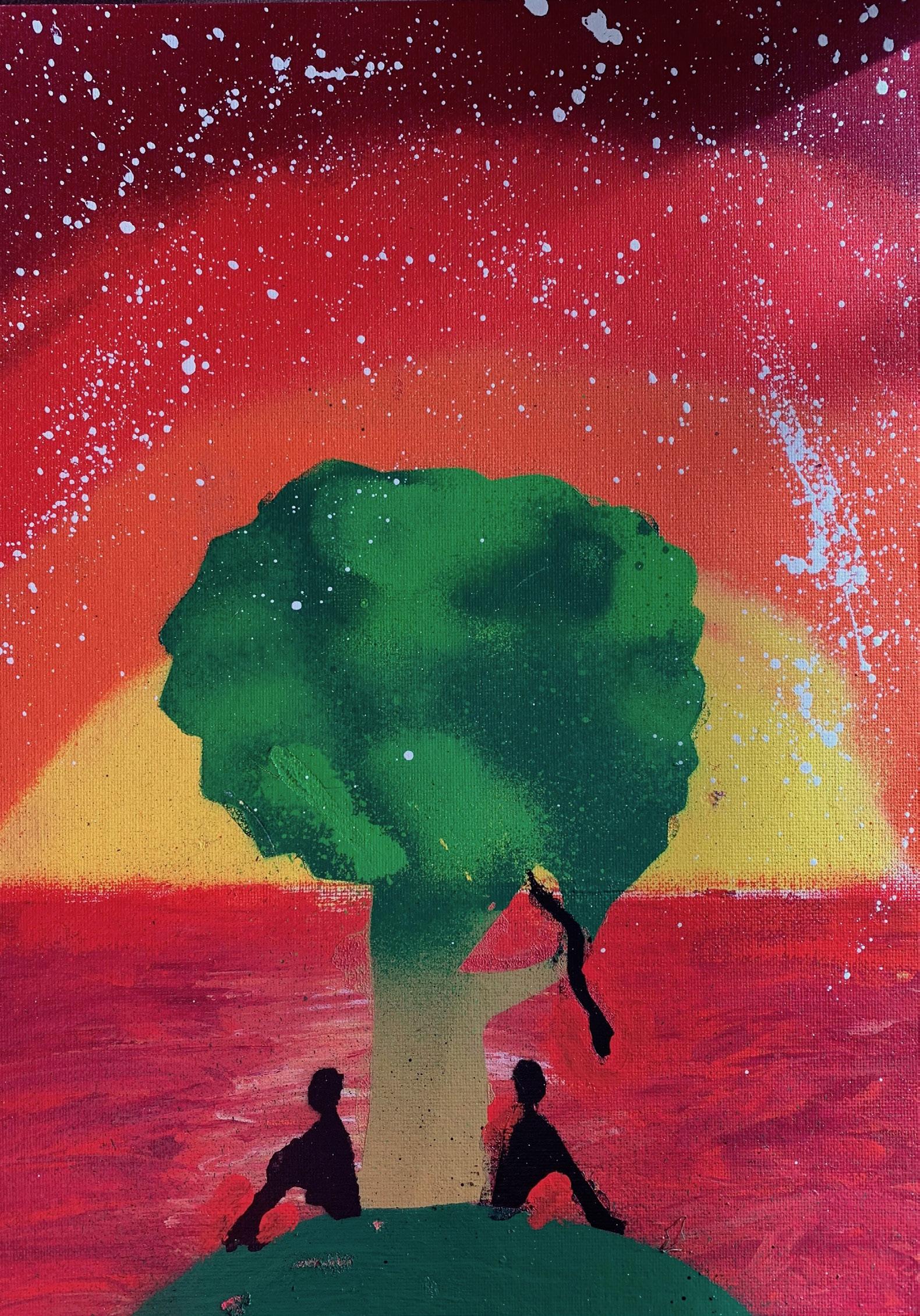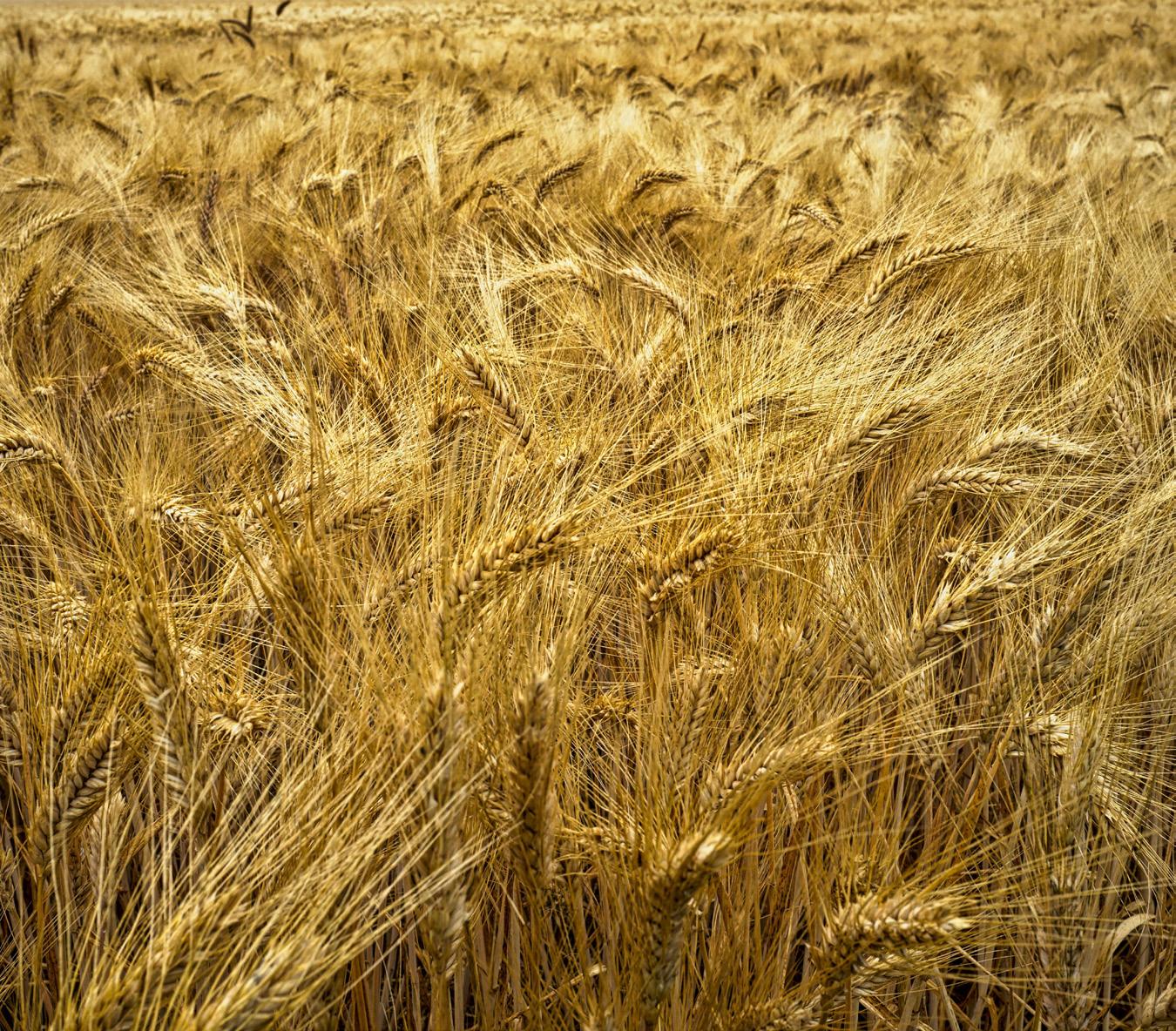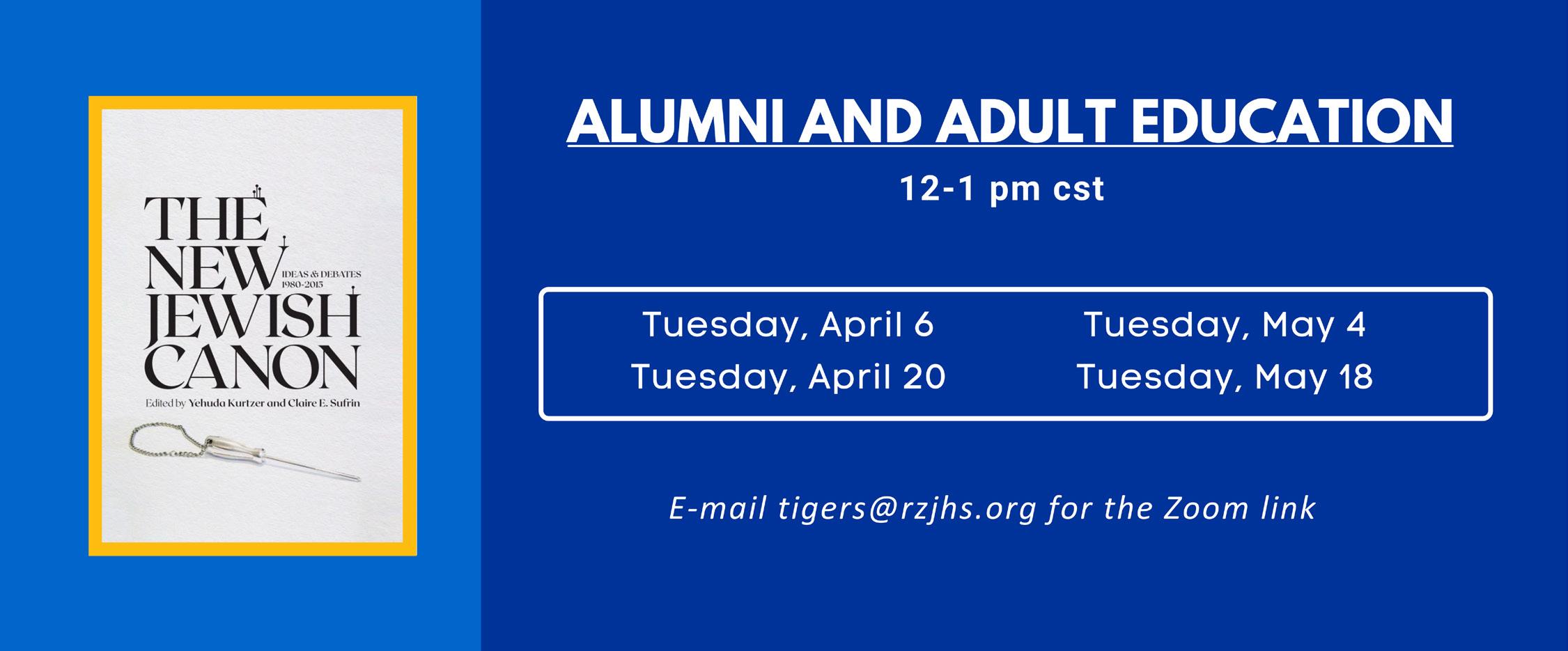
6 minute read
Empathy in the Exodus Narrative
Rabbi Rachel Braun Rubenstein, CJHS 2009, and Rabbi Marcus Rubenstein
וליאכ ומצע תא תוארל םדא ביח רודו רוד לכב
םירצממ אצי אוה
“In each and every generation, a person is obligated to see themselves as if they left Egypt.”
It is not enough, the Haggadah teaches us, to read the story of the Exodus, or even to teach the story to our children. We have a specific instruction, it is clear and repeated again and again. We must put ourselves into the story, to see ourselves as if we ourselves were slaves in Egypt. But, why? Why is this pivotal Jewish ritual, the most observed Jewish ritual among American Jews, predicated on a radical act of empathy?
The answer may be found in the Passover story itself.
“A long time after that, the king of Egypt died. The Israelites were groaning under the bondage and cried out; and their cry for help from the bondage rose up to God. God heard their moaning, and God remembered His covenant with Abraham and Isaac and Jacob. God looked upon the Israelites, and God knew” (Exodus 2:23-25).
This verse challenges many of our assumptions about the God of the Torah. And God knew — does that imply that there was a time when God did not know — the all-knowing, all-powerful Creator of the Word?
The medieval Spanish commentator Rashi (1040-1105) helps explain this difficulty, by clarifying that it wasn’t that God did not know, but perhaps God had not yet learned to know. Rashi writes: The great mussar rabbi, Yerucham Leibovitz (18751936) clarifies even further when he writes in his great work Da’at Hochma U’mussar,
“...once redemption was ready to begin, God’s attribute of strict judgment reversed towards compassion.” God’s capacity for empathy, Leibovitz explains, is so powerfully overwhelming that “[t]here God feels even the smallest amount of their suffering, all their distress, their afflictions, and suffering, even the most scant and small amounts of it. The slightest, smallest prick is seen and is heard and comes immediately before the Throne of Glory.”
-Rabbi Yerucham Leibowitz, Da’at Hochma U’mussar
We ourselves are far from being an all-knowing God, but in our world today of 24/7 news coverage, I think we can relate to this feeling. We cannot bear the weight of all of the suffering of all of the world all at once. If we truly allowed ourselves to dwell in empathy without bounds, the type of empathy that God feels for every life on Earth, we wouldn’t be able to function. And so too for God. And yet, we are still left with the question — why now? Why was God’s compassion and empathy for the suffering Israelites activated at this moment?
It is here that Rashi hints at a truly remarkable revelation. A few verses earlier, in Exodus 2:11, we read, “Some time after that, when Moses had grown up, he went out to his kinsfolk and saw their labors. He saw an Egyptian beating a Hebrew, one of his kinsmen.”
Rashi explains on this verse:
ויניע םילאה אלו בל םהילע ןתנ :םיהלא עדיו
And God knew — God directed God’s heart to them and did not hide God’s eyes from them.
Rashi on Exodus 2:25
ובלו ויניע ןתנ — םתלבסב אריו םהילע רצמ תויהל
And he saw their labors — he directed his eyes and heart to them to share in their distress.
The close reader of these two Rashis will notice something remarkable. Natan einav v’libo, Moses directed his eyes and his heart. Natan aleihem lev, God directed to them God’s heart. God learned to direct God’s heart and compassion and radical empathy to the Israelite people at that moment only after seeing Moses do the same.
The midrash teaches:
This, the Torah teaches us, was the very act that prompted God to choose Moses as leader, and ultimately to reveal God’s self to the Jewish people. It wasn’t his position of power in Pharaoh’s home or his charisma; it wasn’t his strategic thinking or his management abilities.
The necessary quality for leadership according to the Torah is empathy. It is the ability to see the suffering of another, to feel the burden that is weighing down the person standing in front of you, and reaching out to help them lift it. And when we reach out to our fellow, God takes notice. God sees that act and says if they can do it, so can I. Moses set his heart to the people and so too did God.
This, in the end, is the central message of Passover. Where Pharoah hardens his heart, and refuses to allow himself to see the people standing before him, Moses, and ultimately God, chooses to see, chooses to hear, and chooses to direct his heart toward those who are suffering. That is the task set before us as we embark on our Passover Seder. As we sing and eat and learn together, let us all remember that our ultimate purpose is to see, to hear, and to open our hearts to the people who are suffering right in front of us.
Such is it written, “And when the LORD saw that [Moses] turned aside to see” (Exodus 3:4). The Holy One Blessed is He saw Moses, who left aside his business to see their burdens. Therefore, “God called unto him out of the midst of the bush” (ibid.).
Exodus Rabbah 1:27

The Long-Short Road and the Short-Long Road

Rabbi Josh Warshawsky, CJHS 2008
This year I’ve been on some really incredible adventures all across the United States and Canada. I’ve led prayer experiences with communities in Albuquerque, New Mexico and Dallas, Texas. I’ve sung and played concerts for audiences in Teaneck, New Jersey and New Rochelle, New York, and I’ve taught classes in Toronto and Los Angeles. And I’ve done all of it from the comfort of my basement in Columbus, Ohio!
We’ve all been on quite a journey this year, one that is very much not of our own making, and one that has gone on for far longer than we originally anticipated. As we approach a second Passover during the pandemic, the Jewish calendar gives us yet another opportunity to reflect on our journeys this past year, as we look back at the story of Passover and reenact our first journey as a people. When we reach the destination we may feel a sense of accomplishment, but we know (and have often been told) that it’s not about the destination, it’s about the journey.
There is a famous story in the Talmud about a journey taken by Rabbi Yehoshua ben Chananya. On his way into a city, he found a child sitting at a fork in the road and asked the child which road led into the city. The child replied, “This is the shorter one, but it is longer. The other road is longer but shorter.”
Rabbi Yehoshua decided to take the first road that had been described as the shorter one, but when he approached the city he found access to it blocked by gardens and orchards. He went back to the fork in and admonished the child saying, “didn’t you say this was the short road?” The child replied, “But didn’t I also tell you





